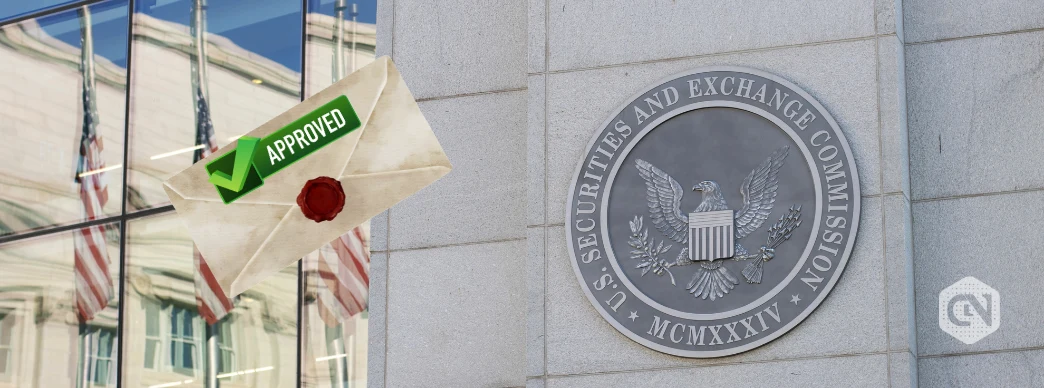
SEC Grants No-Action Letter to Fuse Crypto Limited: A Major Victory for Decentralized Energy
On November 24, 2025, the Securities and Exchange Commission (SEC) issued a no-action letter to Fuse Crypto Limited, the company behind the Solana-based Fuse Energy project. This development is a monumental step forward for decentralized energy initiatives, as it sets a precedent for blockchain tokens that are tied directly to utility rather than speculation.
What is a No-Action Letter?
A no-action letter from the SEC is a formal document stating that the agency’s staff will not recommend enforcement action against an organization for a specific business activity. This provides legal clarity and assurance to companies operating under complex regulatory frameworks. In this case, Fuse Crypto Limited filed a detailed request in August, explaining in depth the function and purpose of its native blockchain token.
Fuse Energy: How It Works
Fuse Energy’s mission is to optimize energy consumption using blockchain technology. It allows participants to earn tokens for contributing to energy efficiency. For instance, users can reduce their consumption during peak demand or generate renewable energy using solar panels. The tokens earned can then be redeemed for tangible benefits such as:
- Discounts on energy bills
- Priority access to electrification upgrades
- Offsetting carbon footprints
What makes this groundbreaking is that Fuse tokens are not sold to the public but are instead earned through active contributions to the system. As such, the token does not fall under the classification of a security.
A Closer Look at SEC’s Decision
The SEC made its decision based on a widely-used framework, the Howey Test, designed to determine what constitutes a security. Key factors supporting the no-action decision include:
- The token’s value is tied to its utility within the network, not speculative profit.
- Tokenholders do not receive dividends, ownership, or voting rights in the company.
- Fuse ensures that tokens are distributed only as rewards, rather than through public sales.
This decision underscores the growing awareness that blockchain-based tokens can power real-world physical infrastructure without falling into traditional securities regulation. Projects like Fuse Energy could pave the way for other Decentralized Physical Infrastructure Networks (DePIN).
A Related Recommendation
If you’re looking to enhance your own energy efficiency and offset carbon emissions, consider using products like the Tesla Solar Panels, which integrate perfectly with renewable energy solutions for your home. These panels are a game-changer for optimizing electricity use while contributing to a greener planet.
Conclusion
The SEC’s decision to grant a no-action letter to Fuse Crypto Limited represents an important milestone for the blockchain industry. It highlights the potential of decentralized technologies to manage physical infrastructure while staying compliant with regulatory standards. This sets a positive tone as the industry continues to innovate, especially within the renewable energy and decentralized infrastructure sectors.






